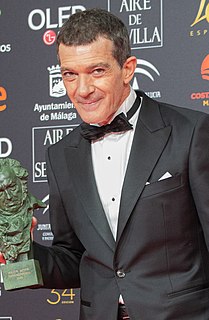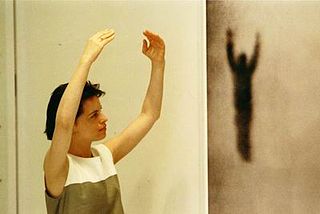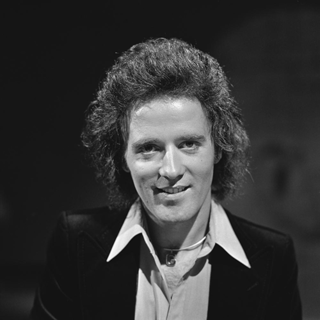A Quote by Arthur Golden
You know, the men go to tea houses with the expectation that they will have a nice quiet evening and not read about it the next morning in the newspaper.
Related Quotes
For almost every novel I've written, I've read the daily newspaper of the time almost as if it were my current subscription. For 'Two Moons,' which was set in 1877, I think I read just about every day of the 'Washington Evening Star' for that year. For 'Henry and Clara,' I read the 'Albany Evening Journal' of the time.
When I am working on a book or a story I write every morning as soon after first light as possible. There is no one to disturb you and is it is cool and you come to your work and warm as you write. You read what you have written and, as you always stop when you know what is going to happen next, you go on from there. You write until you come to a place where you still have your juice and know what will happen next and you stop and try to live through until the next day when you hit again.
Everything comes out of nothingness and goes back into nothingness. Hence there is no need for attachment, because attachment will bring misery. Soon it will be gone. The flower that has blossomed in the morning, by the evening will be gone. Don't get attached; otherwise in the evening there will be misery. Then there will be tears, then you will miss the flower. Enjoy while it is. But remember, it has come out of nothing, and it will go back to nothing. And the same is true about everything, even about people.
What's in yesterday's newspaper is today's fish-and-chip paper. If it really affects my life so badly, so personally, then I would do something about it. When it's really out of order, or something possibly detrimental to my family, or I'm driven to such a level that I know that this can be picked up and repeated again, I will just write or e-mail the newspaper editor. So, in the next day's newspaper, it might say, "Tracey Emin says this is factually incorrect."
Thoroughly unprepared, we take the step into the afternoon of life. Worse still, we take this step with the false presupposition that our truths and our ideals will serve us as hitherto. But we cannot live the afternoon of life according to the program of life’s morning, for what was great in the morning will be little at evening and what in the morning was true, at evening will have become a lie.



































